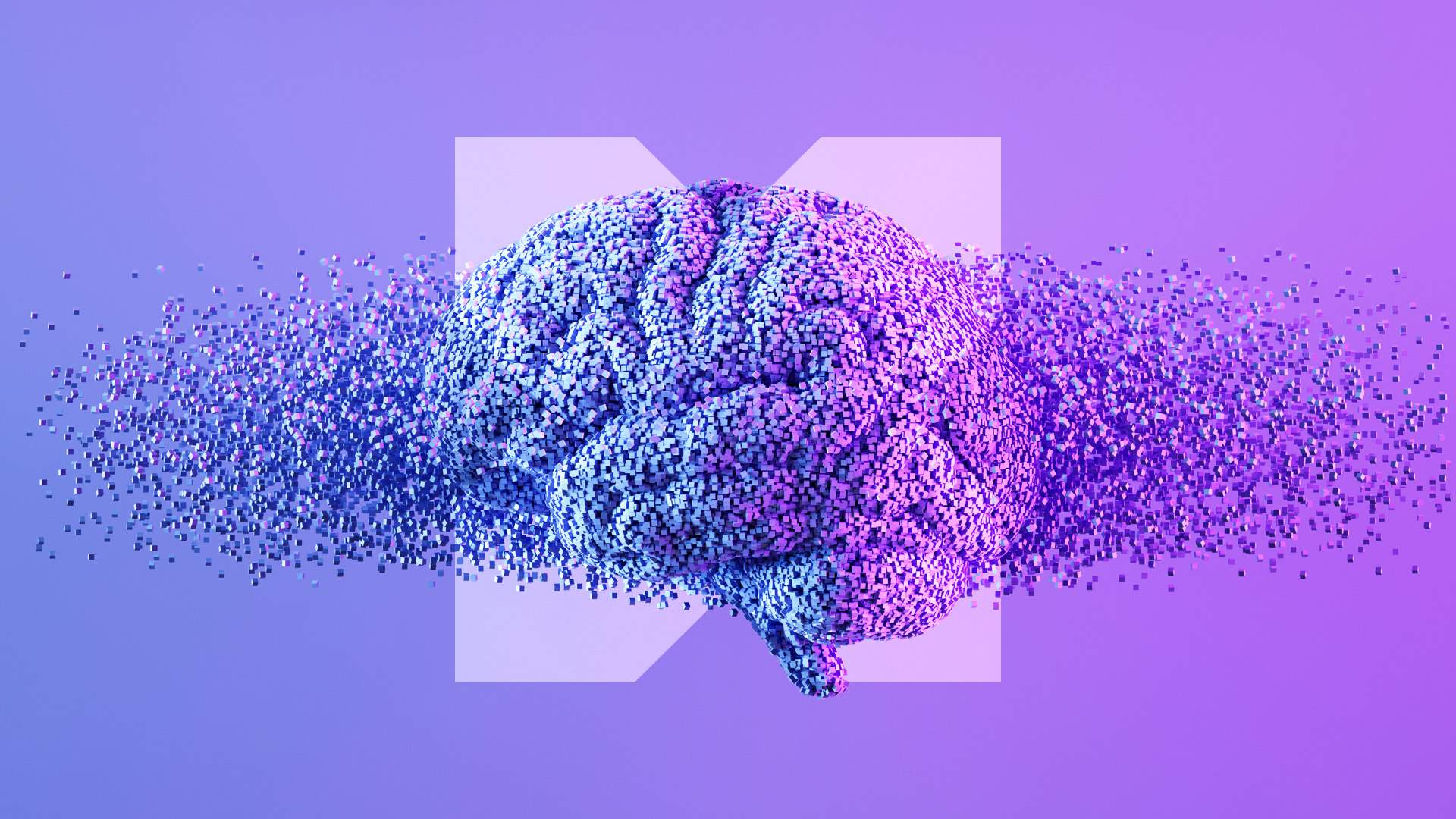AI in pharma and life sciences: myths, fears, and opportunities
26 June, 2024 Reading: 2:05 mins
Last month, we hosted a fantastic AI event at our office with life sciences and health tech network Conexen, where panellists outlined the game changing opportunities they see and debunked a few AI myths along the way.

In light of the new £100 million fund announced in Autumn last year, to accelerate the use of AI in life sciences and tackle the biggest health challenges of our generation, this proved to be an incredibly insightful event.
Real opportunities
With so much hype around AI it was exciting to hear about tools that are already in place already today, such as one that looks for early signs of possible hospital-acquired infection by scanning huge amounts of patient data.
Bright future for drug discovery
In research and drug discovery, it’s clear that AI tools can speed up how data is collected, curated and interrogated, freeing up researchers for higher-value work. One panellist spoke about her discovery work being ‘AI enabled and human designed’. And once a product is in market, AI tools could help spot trends in large populations, such as previously unknown side-effects.
The future of research
AI tools are moving off the whiteboard and into the market at lightning speed, with obvious implications for research jobs. Rather than data analysis, future day-to-day research will often be about sourcing and checking the authenticity of good original data, training AI tools, interpreting and checking the results. As one panellist put it, ‘AI dives into the haystack way faster than a human and finds ten needles. Then the human has to decide which two are the fake needles’. Another said ‘it’s really the most amazing filter that we’ve ever come up with, so our job is to be smart about how we train it, define the problem precisely, and feed it quality source data’. Along the way, challenges include regulation and being certain whether you’re using first-generation original data or increasingly realistic-looking AI-generated data sets.
Changing the future
In the long term, some panellists offered the vision of AI tools reducing or even eliminating disease through early pre-screening of huge populations for multiple factors, to predict disease or treat it very early. Ever-smarter phones are a key tool here and this could go hand-in-hand with personalised prescription drugs to treat and prevent disease.
It was a fascinating evening and we’re looking forward to the next Conexen event on July 4th. We’ll be hosting again here at KISS HQ on September 18th.